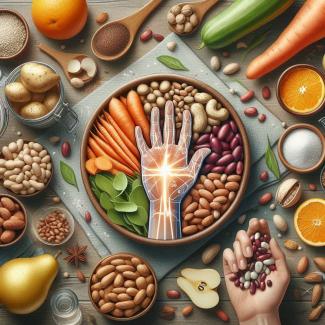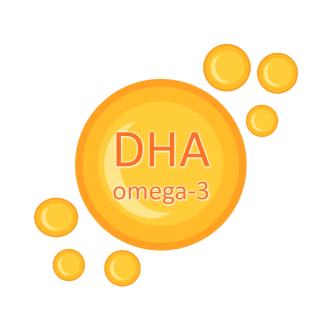
To maximize the nutritional value of an egg while cooking it, follow these guidelines:
- Choose the right eggs: Start with high-quality, fresh eggs from a reputable source. Eggs from pasture-raised or free-range hens tend to have higher nutritional value than those from caged hens.
Cooking method: Different cooking methods can impact the nutritional content of eggs. Here are some methods to consider:
a. Boiling: Hard-boiling eggs is one of the healthiest cooking methods as it doesn't require added fats and preserves most of the nutrients. To hard-boil an egg, place it in a pot of cold water, bring it to a boil, and then simmer for about 9-12 minutes. This method retains the most nutrients while providing a complete protein source.
b. Poaching: Poaching eggs in simmering water is another healthy option as it doesn't require added fats. This method keeps the yolk runny, preserving its nutrients.
c. Scrambling: Scrambling eggs with minimal cooking oil or butter can be a good option. Be mindful of the amount of fat you use, as excessive fat can add unnecessary calories.
d. Frying: If you choose to fry your eggs, use a healthy cooking oil like olive oil or coconut oil. Use a non-stick pan to minimize the amount of oil needed.
- Don't overcook: Overcooking eggs can lead to the degradation of some of their nutrients, especially the delicate B-vitamins. Cook them until the whites are set but the yolks are still runny for the most nutrient retention.
- Pair with vegetables: Enhance the nutritional value of your eggs by serving them with vegetables. A veggie omelet or scrambled eggs with spinach and tomatoes, for example, adds fiber, vitamins, and minerals to your meal.
- Season with herbs and spices: Use herbs and spices instead of salt to add flavor. This can reduce sodium intake and provide additional health benefits.
- Avoid processed meats: When making dishes like omelets or scrambled eggs, be cautious about adding processed meats like bacon and sausage, as they can be high in unhealthy fats and sodium.
Remember that eggs are a great source of protein, essential amino acids, vitamins (especially B vitamins), and minerals, so incorporating them into a balanced diet can be beneficial. The way you cook them and what you pair them with can further enhance their nutritional value.
What are jujubes (zizyphus or Chinese date)
Jujubes, also known as Zizyphus jujuba or Chinese dates, are a type of fruit that grows on the jujube tree (Ziziphus jujuba). These fruits are small and typically round or oval in shape, and they can vary in color from green to red or brown, depending on their ripeness. Jujubes have been cultivated and consumed for thousands of years in various parts of the world, particularly in Asia.
Here are some key characteristics and uses of jujubes:
Sleep Apnea: Exploring the Role of Nutritional Deficiency
Sleep apnea, a prevalent and potentially serious sleep disorder characterized by repeated interruptions in breathing during sleep, affects millions of individuals worldwide. Traditionally, the primary risk factors identified for sleep apnea have included obesity, anatomical anomalies of the upper airway, genetic predisposition, and lifestyle factors such as smoking and alcohol consumption.








